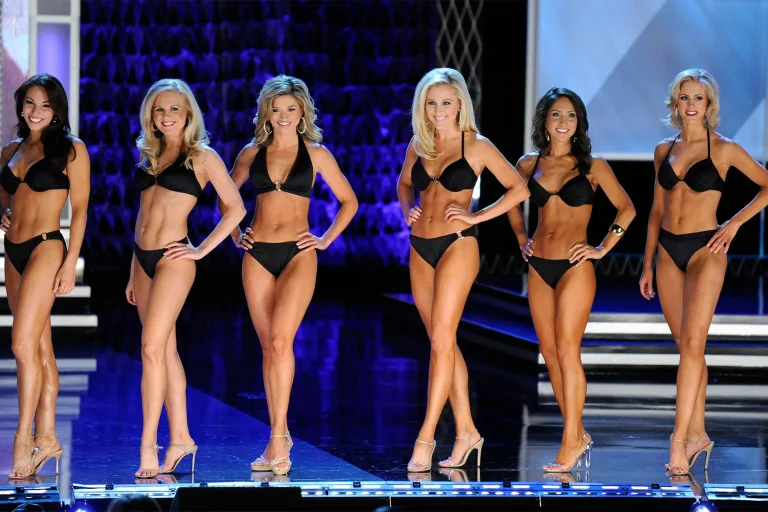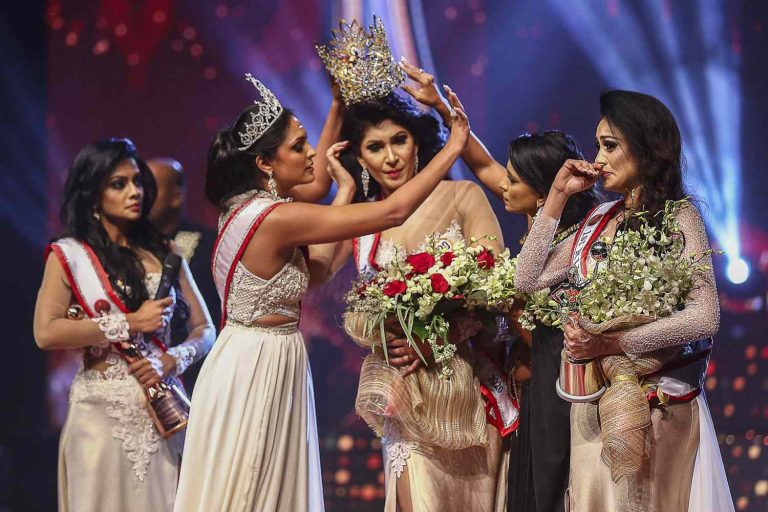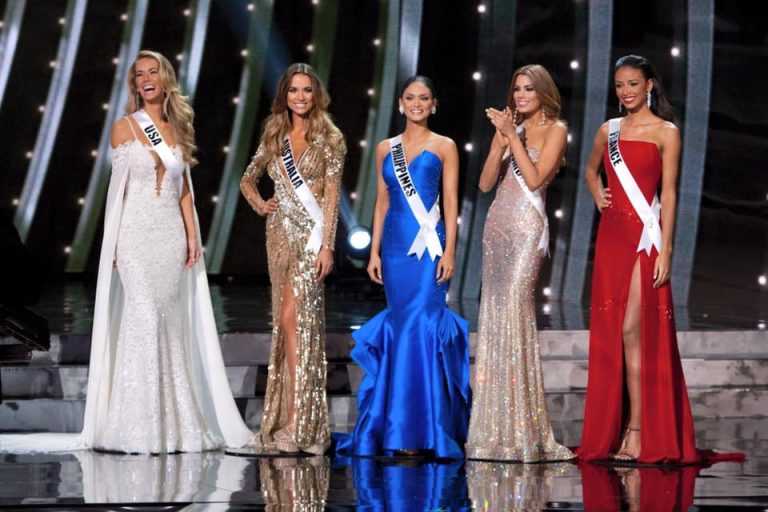What Are Miss Universe Rules And Regulations?
The Miss Universe pageant is more than just a beauty contest; it’s a global event where women from all corners of the world come together to showcase their beauty, brains, and abilities to make a difference. To ensure the competition runs smoothly and fairly, there are several important rules and regulations in place. These cover everything from eligibility criteria and judging standards to the responsibilities of the titleholder. In this guide, we’ll find out the specifics of these rules and regulations, and what makes Miss Universe a unique and respected international event.
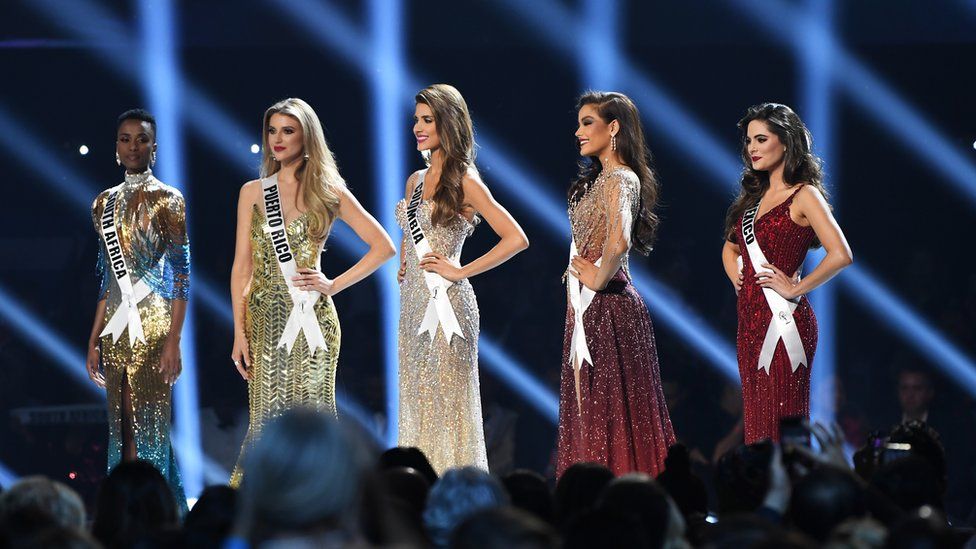
Miss Universe Rules And Regulations
Here’s a detailed breakdown of the Miss Universe rules and regulations:
1. Eligibility:
- Age: As of September 2023, there is no upper age limit. Previously, the age range was 18 to 28 years old on the date of the national competition.
- Citizenship: Each delegate must be a citizen of the country she represents.
- Marital Status and Parental Status: Since August 2022, there are no restrictions on marital status or having children. Previously, contestants could not be married, divorced, pregnant, or have parented a child.
- Criminal Background: While there is no official rule, most countries would likely not send a delegate with a criminal record.
- Citizenship Verification: Delegates must provide documented proof of citizenship in the country they represent. This could involve birth certificates, passports, or other official documents.
- Background Checks: While not always explicitly stated, many countries conduct background checks on potential delegates to ensure they don’t have any criminal records or controversies that could tarnish the pageant’s image.
- Transgender Participation: The Miss Universe Organization currently does not allow transgender women to compete. This is a complex issue with ongoing discussions, and the policy might evolve in the future.
2. Selection Process:
- National Pageant Variations: National pageants have varying formats and selection criteria. Some have public voting components, while others rely solely on a judging panel. Swimsuit and evening gown presentations are common, but some national pageants might incorporate additional elements like talent competitions or advocacy presentations.
- Delegate Requirements: National pageant winners might be required to fulfill specific duties within their country before or after the Miss Universe competition. This could involve charity work, public appearances, or promoting the national pageant.
3. Competition Format:
- Preliminary Competition Details: The swimsuit and evening gown presentations in the preliminaries are judged on various aspects beyond just appearance. Judges might evaluate posture, walking, confidence, and overall presentation style. The closed-door interview assesses the delegate’s personality, intelligence, and ability to communicate effectively.
- Seminars and Activity Scrutiny: Participation in seminars and activities is not just for show. Judges might observe delegates’ interaction with others, their work ethic, and their ability to adapt to new situations.
- Live Televised Event Breakdown: The final competition typically has a swimsuit segment focusing on healthy body image and confidence rather than solely on physique. The evening gown segment allows delegates to showcase their elegance and style. The question-and-answer segment is often divided into pre-recorded questions and live questions on stage. Witty comebacks, thoughtful responses, and the ability to handle pressure are crucial in this segment.
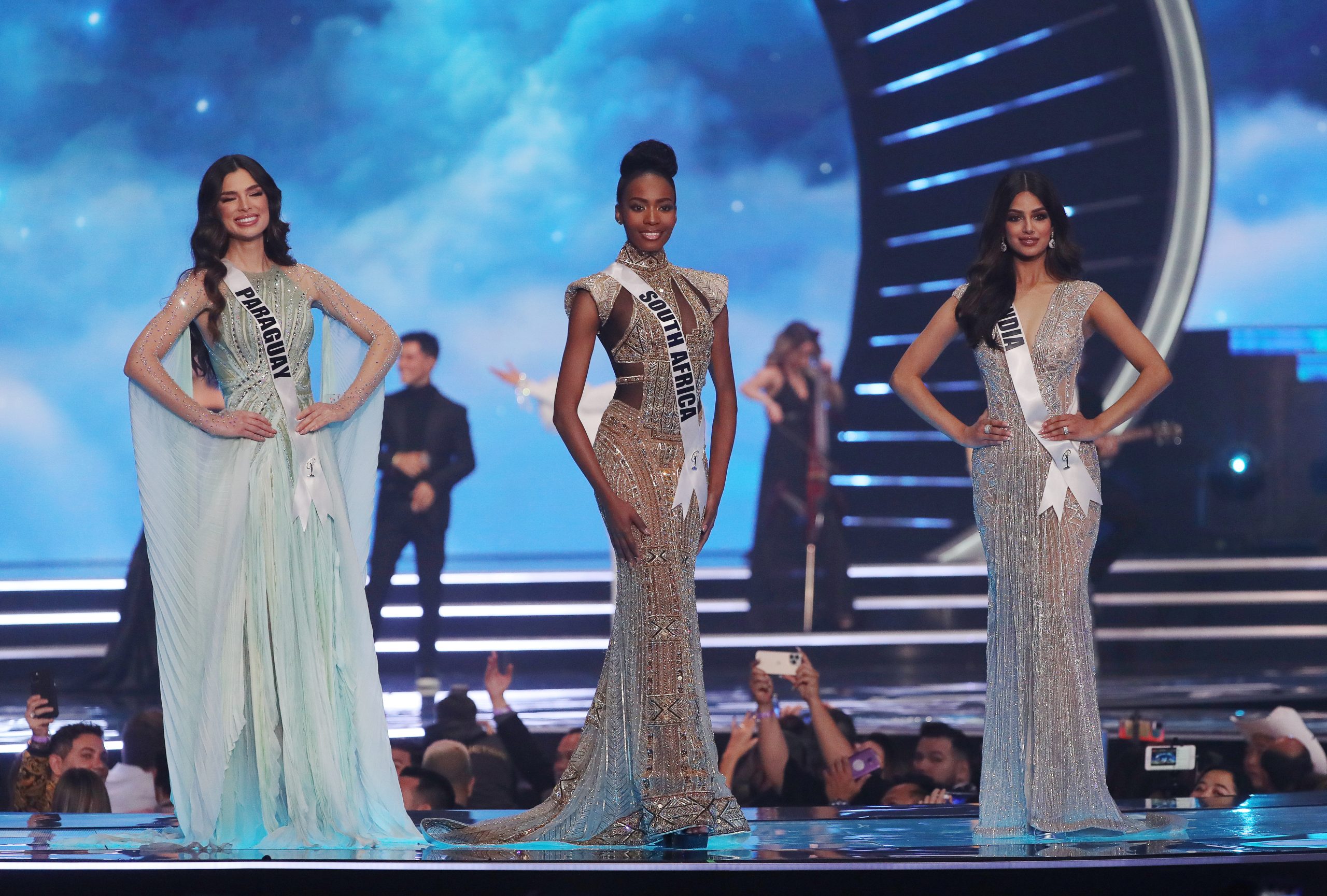
4. Judging Criteria in Depth:
- Confidence: The judges look for a confident delegate who can command the stage and effortlessly connect with the audience.
- Beauty: While beauty is subjective, the competition seeks a well-rounded delegate with a balanced combination of facial features and overall physical attractiveness.
- Communication Skills: The ability to articulate thoughts and opinions clearly and concisely in interviews and on stage is crucial.
- Stage Presence: A captivating stage presence that engages the audience is highly valued.
- Evening Gown Presentation: How the delegate carries herself and presents her evening gown is a key factor.
- Swimsuit Presentation: Confidence and poise in the swimsuit segment are essential.
- Question-and-Answer Segment: This segment assesses the delegate’s intelligence, wit, and ability to think on her feet.
Additional Rules and Regulations
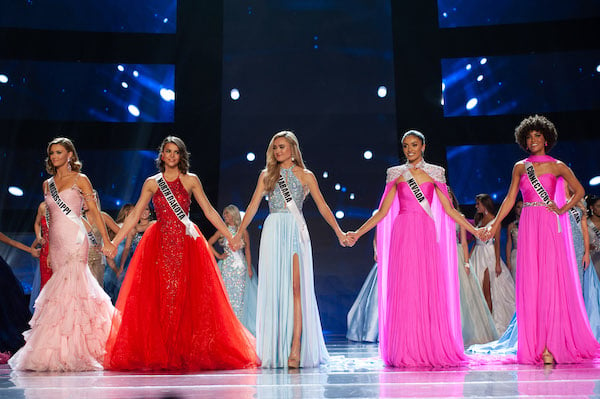
- Dress Code Enforcement: Specific dress codes might exist for different activities, from formal attire for galas to appropriate workout gear for rehearsals. Delegates who violate the dress code might face warnings or even disqualification.
- Social Media Conduct Details: Delegates are expected to maintain a positive and professional online presence. This might involve avoiding controversial posts, negativity towards other delegates, or sharing content that could damage the pageant’s image.
- Respectful Conduct Examples: Respectful behavior goes beyond simply being polite. It includes treating everyone with dignity, avoiding gossip or negativity towards other delegates, and being a positive role model for the public.
- Timeliness Expectations: Punctuality is highly valued. Missing scheduled events or activities can reflect poorly on the delegate and might lead to penalties.
- Media Availability Requirements: Delegates might be required to participate in a specific number of media interviews or appearances. They should be prepared to answer questions about themselves, the competition, and their social advocacy efforts.
Frequently Asked Questions
How are the winners of the Miss Universe pageant selected?
The Miss Universe pageant selection process is a structured and highly regulated system, where contestants are judged on various criteria. An emphasis is put on fairness, transparency, and adherence to strict rules and regulations, to maintain the integrity of the competition.
What happens if there’s a dispute in the Miss Universe competition?
In the event of a dispute, the Miss Universe Organization has a structured process in place for resolution. This typically involves initially direct discussions, followed by mediation if necessary, and ultimately a binding arbitration conducted by a licensed New York-based arbitrator.

I’m Ellis Philip, a writer who loves fashion. I often write for beauty magazines, sharing my thoughts on how fashion can make women feel powerful. Traveling is my passion, as it lets me discover new beauty products and trends. I enjoy bringing these finds into my writing, hoping to inspire others.


